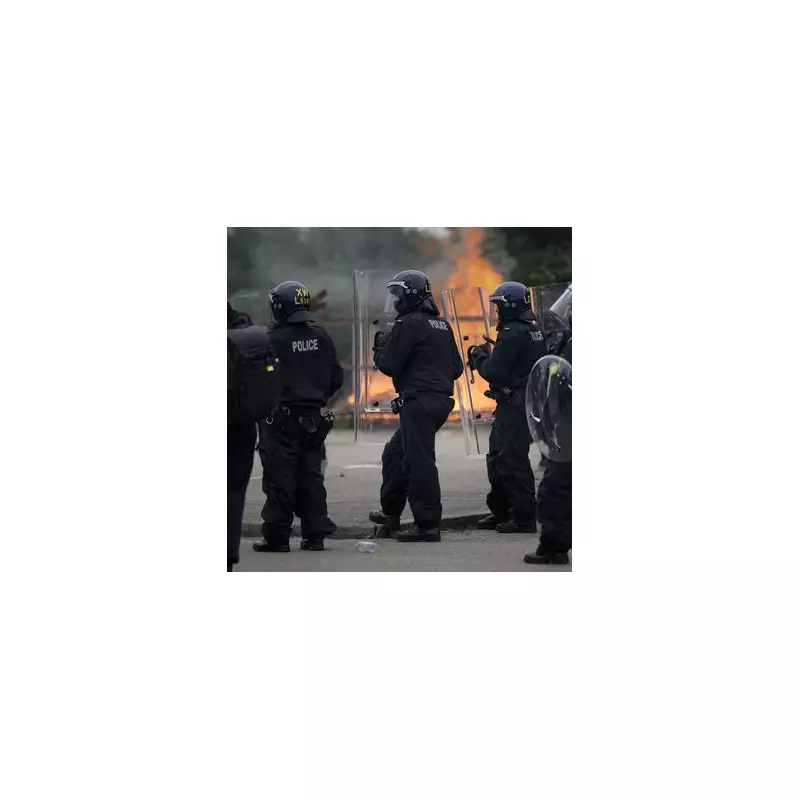
The UK government has unveiled a decisive plan to end the controversial use of hotels for housing asylum seekers by early 2025, in what ministers are calling a "major milestone" in immigration reform.
Home Secretary James Cleverly confirmed the radical strategy will see the sprawling estate of asylum hotels systematically shut down, potentially within months. The move comes as part of Rishi Sunak's pledge to "stop the boats" and reduce the massive £8 million daily cost of housing migrants in temporary accommodation.
Billions Saved in Taxpayer Money
The transition away from hotels is expected to generate staggering savings of approximately £1 billion per year for British taxpayers. This financial benefit represents a key victory for the government's economic and immigration policies.
Mr Cleverly emphasised the government's progress, stating: "We are determined to end the use of expensive hotels which cost taxpayers billions of pounds each year. Through firm enforcement and alternative accommodation solutions, we're delivering on our promise to the British public."
Alternative Accommodation Strategy
The hotel closures will be facilitated through a multi-pronged approach:
- Expanded use of former military bases as asylum accommodation centres
- Operation of the Bibby Stockholm barge and similar vessels
- Increased enforcement and returns of those without legitimate claims
- Streamlined processing to reduce backlog and accommodation needs
Despite previous legal challenges and local opposition to some alternative sites, ministers remain confident that their strategy will prove both effective and cost-efficient.
Clearing the Backlog
Significant progress has already been made, with the Home Office successfully clearing the legacy asylum backlog of 92,000 cases. This administrative achievement has directly contributed to reducing the reliance on emergency hotel accommodation.
The government's tougher stance on immigration has seen the number of small boat crossings decrease by over a third compared to the previous year, though challenges remain in maintaining this downward trend.
As the hotel closures proceed, officials promise a managed transition that prioritises both cost reduction and appropriate accommodation standards for those awaiting asylum decisions.





